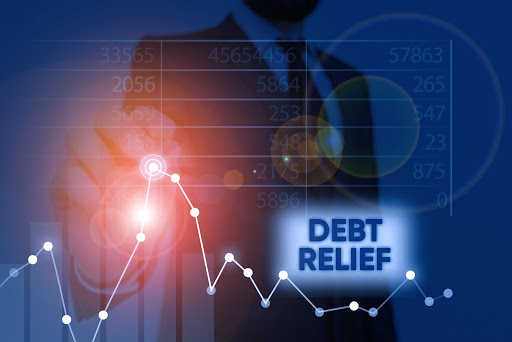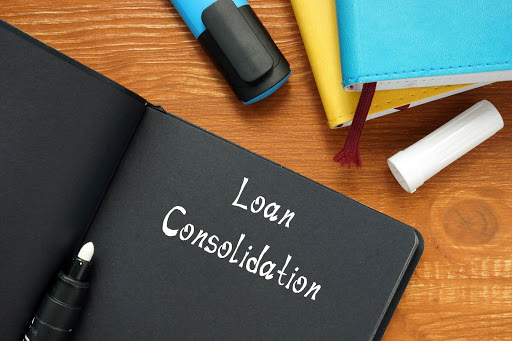Consolidating debts in one payment and paying as agreed can help your credit and make budgeting easier—but this is associated with high risks. Consolidating your debt may reduce your monthly payments, but it may also lead to a sudden drop in your credit rating.
Two basic approaches to debt consolidation include obtaining a balance transfer card or a debt consolidation loan. Both types require a hard look at your credit, which can lower your credit rating by a few points.
But if you transform the habits that led to loans and make payments on time, the overall result should be positive each time. Here is another closer look at the possible impact on your credit when you have a balance transfer credit card on your debt or a personal loan.
How Could Debt Consolidation Affect Your Credit?
Debt consolidation combines numerous debts into one, preferably with lower interest and faster payout. Having fewer payments to juggle and save on interest can help you pay off your debt.
How Do I Apply for the Best Personal Loan Debt Consolidation?
Pros
- Generally, a lower credit score than the balance transfer card is required for approval.
- Can you help improve the credit mix if you’ve only had credit cards previously since it’s an installment loan?
Cons
- It can lead to yet more debt if you use the newly available credit card space. If you end up overstretched and, therefore, unable to pay, bad debts may destroy your credit.
Are There Other Debt Consolidation Options Available?
Home Equity Loan

Debt Management Plan
Seeing a credit counselor and signing up for a debt management plan does not directly affect your credit score, but making deals to pay less than the amount owed or closing credit cards may hurt your credit rating. A DMP is recorded on your credit report while it is in effect but not after the plan has been completed.
If those options don’t seem to fit well, there are other options for debt consolidation that can affect your credit as well. Keep in mind that it’s probably not a good idea to substitute unsecured debt (such as credit card debt) with secured debt (such as a mortgage or car loan) because you might lose your vehicle or home if you can’t afford to pay.
Can Debt Consolidation Help My Credit Score?
While debt consolidation is primarily a way to reduce or eliminate rising debt, it can positively impact the credit score. Beyond helping you reduce your monthly debt payments and saving you from high interest rates, debt consolidation works the magic of helping you pay all your debts with time.
Always focus on keeping your credit utilization ratio low. The credit utilization ratio is determined by comparing how much credit you have accessible and how much you use every month. Credit utilization makes up for 30% of your credit rating. It is one of the most critical factors in the calculation of your credit rating.
How Do Medical Debt Consolidation Work?
Even if you can consolidate numerous different kinds of existing debts, it is essential to know what the interest rate on your current loan is to see if debt consolidation will be helpful. But taking another medical debt example, restructuring might not be the solution if you’re looking to save money on interest payments. Health debt is usually at a relatively low interest rate.
How Does Student Loan Consolidation Affect Credit Score?
Based on the type of student loan debt you have, there are a variety of consolidation possibilities. However, be cautious about restricting yourself when consolidating student loans. It also depends on whether you have government-backed or private loans. Consolidation can bind you to higher monthly payments or long-term loans.
How Can I Consolidate My Debt?
The famous form of debt consolidation is using a recently opened low-interest loan to account for existing high-interest debt. In this situation, you can apply for a personal loan or a low-interest credit card and use the new credit to pay off your existing higher-interest debt.
Another debt consolidation method is to use a debt management plan in which you and your credit advisor develop and agree to a debt repayment plan. While this method may also help you pay off your debt, financial counselors have some requirements, some of which may reduce your credit score.
Take Control of Your Debt Today
Debt consolidation can be a valuable tool to simplify payments and improve financial stability, but understanding its impact on your credit score is crucial. Whether you’re considering a personal loan, balance transfer card, or debt management plan, making informed decisions will help you stay on track. Focus on responsible repayment habits and maintaining a low credit utilization ratio to build a stronger financial future.
If you’re looking for expert guidance, Encompass Recovery Group in Hollywood, Florida, can help you navigate your options and regain financial control.
Contact us today to explore debt consolidation solutions tailored to your needs.


